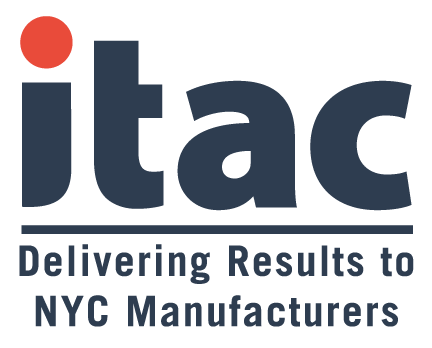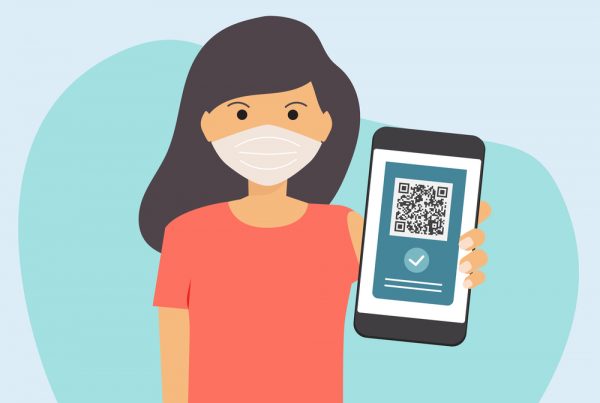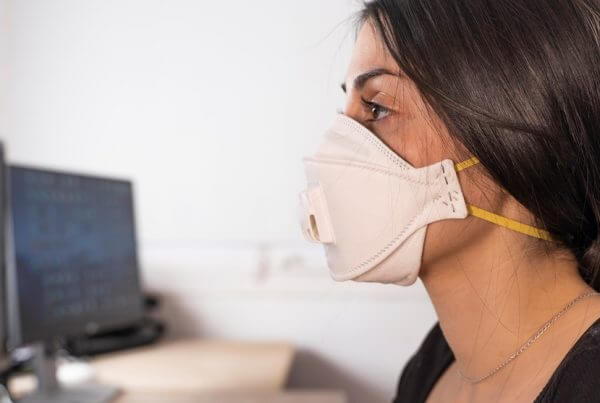The HEROS Act: We now have new legislation that is in play, the Health and Economic Recovery Omnibus Emergency Solutions (“HEROES”) Act. This was introduced by the House yesterday, you can find expanded text here. This is obviously a first draft of new legislation and it needs to go through the legislative process. Right now we believe this was a bill largely authored by Democrats in the House, thus it needs to get Republican support, go through the Senate and get congressional committee level support as well. So what does that mean? At a minimum, expect changes, and it is possible this never actually makes its way into law – e.g., some Republicans have announced that the bill is “dead on arrival”.
There is no way to cover everything from the bill in one email, but for now, let’s break down cover what is most impactful to the middle market:
Massive costs: The Act is a $3 Trillion stimulus package, much larger than the CARES Act ($2.2T) which introduced the PPP to the business community.
Proposed changes to the PPP:
There are several changes suggested in Section 90004 of the Act, here are the most impactful to borrowers:
- Extends the 8-week covered period to 24 weeks.
- Eliminates the 75/25 rule on use of loan proceeds.
- Establishes a minimum maturity on PPP loans of 5 years (right now the loans have a 2 year maturity).
- Creates a safe harbor for borrowers who cannot rehire in the prescribed timeframe.
- Expands eligibility to all section 501(c) entities.
Additional direct payments to individuals: This means a second round of economic impact payments of $1,200 per family member, up to $6,000 per household.
Enhanced ERC and Payroll credits for first responders: The bill would provide an enhanced employee retention tax credit that encourages employers to keep employees on payroll. There is also a section that introduced tax credits for companies that employ “first responders”.
Enhanced tax credits/deductions – Individual tax credits like the Child Tax Credit and Earned Income Credit would be enhanced. Also additional tax deductions would be introduced for “first responders”.
More EIDL money: $10B would be set aside for the EIDL program to continue to fund businesses.
Business interruption credit for the self-employed: The bill would provide a 90% refundable individual income tax credit for certain self-employed individuals who have experienced a significant loss of income.
Restoration of the state tax deduction – Individuals have a cap on how much they can deduct on their personal tax returns for state taxes paid relating to income and real estate taxes – the so-called SALT limitation, which is $10k, that was introduced in the 2017 Tax Cuts and Jobs Act. This bill looks to restore individuals ability to take a “full” deduction for all state taxes paid on their returns.
Extension of Unemployment Benefits: This would extend the federal unemployment benefit program to ensure the weekly $600 federal unemployment payments continue through January 2021. The CARES Act provided for 4 months of this benefit.
Assisting in rent and mortgage payments: $175B would be set aside to assist renters and homeowners make monthly rent, mortgage and utility payments.
Multi-Employer plans get support– Plans would receive financial assistance to keep them solvent for thirty years—with no cuts to the earned benefits of participants and beneficiaries.
PPP Updates
Guidance on Eligibility – FAQ 46 was released last night (full text below) which provided additional guidance on eligibility, we have released and article on this FAQ as well given its importance. Shortly after that, FAQ 47 was released which extended the deadline for those who wish to return their PPP funds to May 18th.
So what are the highlights?
- Safe Harbor for loans below $2M: The big news is that the FAQ indicates that any borrower who received a loan that was less than $2M is “deemed to have made the required certification concerning the necessity of the loan request in good faith.” This means that there is effectively a safe harbor in place for loans under $2M and those borrowers should NOT expect to have their eligibility questioned.
- What about those who gave back proceeds?: Many Company’s returned their PPP loans because they were concerned or frightened by what they were reading and hearing about eligibility. This new Safe Harbor begs the question: Can I (and if so Should I) re-apply for my PPP loan if I returned it? We recommend if you want to explore that, you should discuss with your bank. We don’t know if borrowers can re-apply but certainly this FAQ allows for borrowers to feel more comfortable with the process.
- Important clarity for companies above $2M of loans: The FAQ provides relief for loans above $2M as well by indicating that while these Borrowers may still be subject to scrutiny regarding eligibility, the recourse for being found ineligible will be repayment of the loan (the SBA will NOT refer the borrower for civil or criminal penalties). Of course, the DOJ could always institute criminal charges on its own initiative, but the SBA is saying they won’t refer the case if the loan is repaid within the safe harbor period. This allows borrowers to at least have the confidence that the penalty is economic (repayment of the loan) rather than punitive. That is a big win for borrowers whose officers/employees have been stressed about this decision while having limited or unclear guidance. Certainly criminal penalties can still be in play for those who did not act in good faith.
“If SBA determines in the course of its review that a borrower lacked an adequate basis for the required certification concerning the necessity of the loan request, SBA will seek repayment of the outstanding PPP loan balance and will inform the lender that the borrower is not eligible for loan forgiveness. If the borrower repays the loan after receiving notification from SBA, SBA will not pursue administrative enforcement or referrals to other agencies based on its determination with respect to the certification concerning necessity of the loan request”
- Extension of repayment date: The SBA extended the date in which Borrowers can repay their PPP loan to May 18th if they have concluded that they are ineligible. The question now is, why would you? If the penalty for being ineligible is repayment in the future (and is not criminal), and the loan is not personally guaranteed, perhaps the only reason to repay it would be to not saddle the Company with debt.
- Question: How will SBA review borrowers’ required good-faith certification concerning the necessity of their loan request?
Answer: When submitting a PPP application, all borrowers must certify in good faith that “[c]urrent economic uncertainty makes this loan request necessary to support the ongoing operations of the Applicant.” SBA, in consultation with the Department of the Treasury, has determined that the following safe harbor will apply to SBA’s review of PPP loans with respect to this issue: Any borrower that, together with its affiliates,20 received PPP loans with an original principal amount of less than $2 million will be deemed to have made the required certification concerning the necessity of the loan request in good faith. SBA has determined that this safe harbor is appropriate because borrowers with loans below this threshold are generally less likely to have had access to adequate sources of liquidity in the current economic environment than borrowers that obtained larger loans. This safe harbor will also promote economic certainty as PPP borrowers with more limited resources endeavor to retain and rehire employees. In addition, given the large volume of PPP loans, this approach will enable SBA to conserve its finite audit resources and focus its reviews on larger loans, where the compliance effort may yield higher returns. Importantly, borrowers with loans greater than $2 million that do not satisfy this safe harbor may still have an adequate basis for making the required good-faith certification, based on their individual circumstances in light of the language of the certification and SBA guidance. SBA has previously stated that all PPP loans in excess of $2 million, and other PPP loans as appropriate, will be subject to review by SBA for compliance with program requirements set forth in the PPP Interim Final Rules and in the Borrower Application Form. If SBA determines in the course of its review that a borrower lacked an adequate basis for the required certification concerning the necessity of the loan request, SBA will seek repayment of the outstanding PPP loan balance and will inform the lender that the borrower is not eligible for loan forgiveness. If the borrower repays the loan after receiving notification from SBA, SBA will not pursue administrative enforcement or referrals to other agencies based on its determination with respect to the certification concerning necessity of the loan request. SBA’s determination concerning the certification regarding the necessity of the loan request will not affect SBA’s loan guarantee.
Reminder Section (what should I be doing):
- Call your Payroll Company about claiming the payroll tax deferrals and employee retention credits that were made available in the CARES Act – see previous emails.
- Talk to your Payroll Company about the Sick Pay Bill (passed prior to the CARE Bill) – see previous emails.
- Be in constant communication with your Bank (about status of your PPP application).
- Consider speaking with your bank to discuss changes to terms of existing debt facilities. The banking system remains strong.
- If you have already applied for the PPP, start forecasting how you intend to spend the funds and how to qualify for the highest amount of forgiveness possible.
This information is provided by Withum. Visit Withum’s COVID-19 Resource Center for insights to help you and your business during this challenging time. Check out Withum’s Podcast Civic Warriors, a voice for nonprofits – Also on Spotify and Apple Podcasts!
